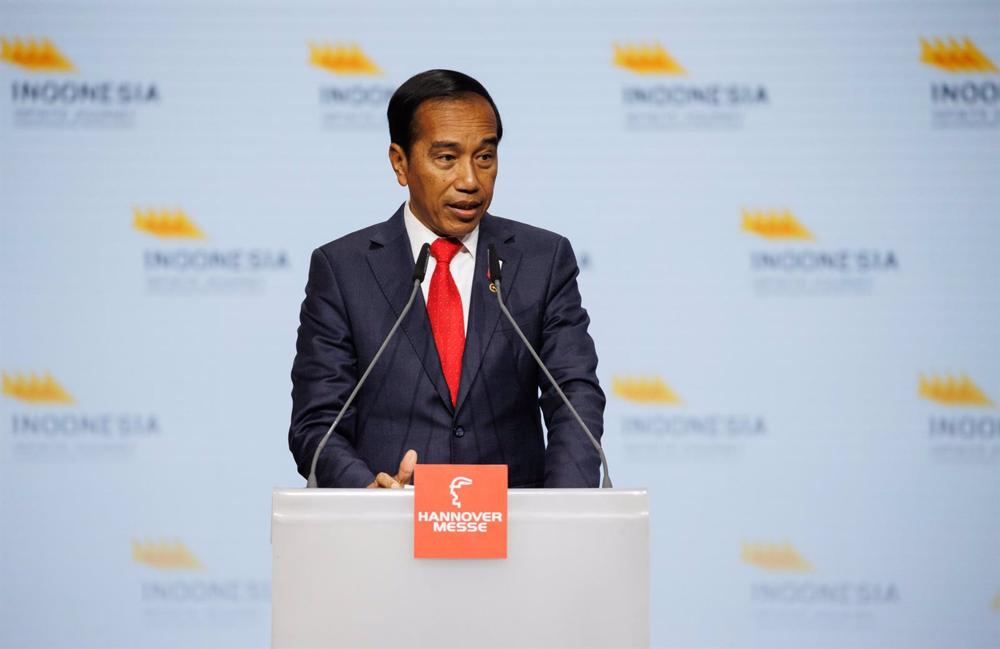
Negotiators from the European Parliament and the EU-27 reached an agreement Wednesday on new rules that will give more powers to the European agency for judicial cooperation, Eurojust, to speed up the exchange of digital information in terrorism cases.
The agreement, which still needs the official approval of the Council and the European Parliament to be valid, is part of the EU’s commitment to modernize and digitize cross-border judicial cooperation.
«Terrorists know no borders,» stressed Pavel Blazek, Minister of Justice of the Czech Republic – whose country holds the rotating presidency of the EU – in a statement to report on the agreement reached and explain the importance of authorities having a «cross-border vision» of criminal activities.
«The new digital system will allow better cross-checking of information to detect links between crimes no matter where in the EU they have been committed,» he reiterated.
Member states’ judicial authorities already share information through Eurojust at present, but use different channels leading the data to the European judicial counter-terrorism register. The EU believes this system is «technically obsolete» because it does not allow cross-checking.
Therefore, the new framework aims to cover these shortcomings and allow Eurojust to play a «stronger and more proactive» role in supporting coordination and cooperation between national authorities investigating and prosecuting terrorist cases.
Under the new rules, member states will be required to provide Eurojust with information on any criminal investigations related to terrorist offenses as soon as such cases are referred to the judicial authorities.
Thus, a new digital case management system is announced to store this information and allow for cross-checking. Eurojust will be empowered to better detect links between transnational investigations and prosecutions in the field of terrorism in order to better inform partner countries.
In addition, a secure digital communication channel will be created between member states and Eurojust and cooperation with third countries will be simplified by allowing liaison prosecutors attached to Eurojust to access the case management system.






